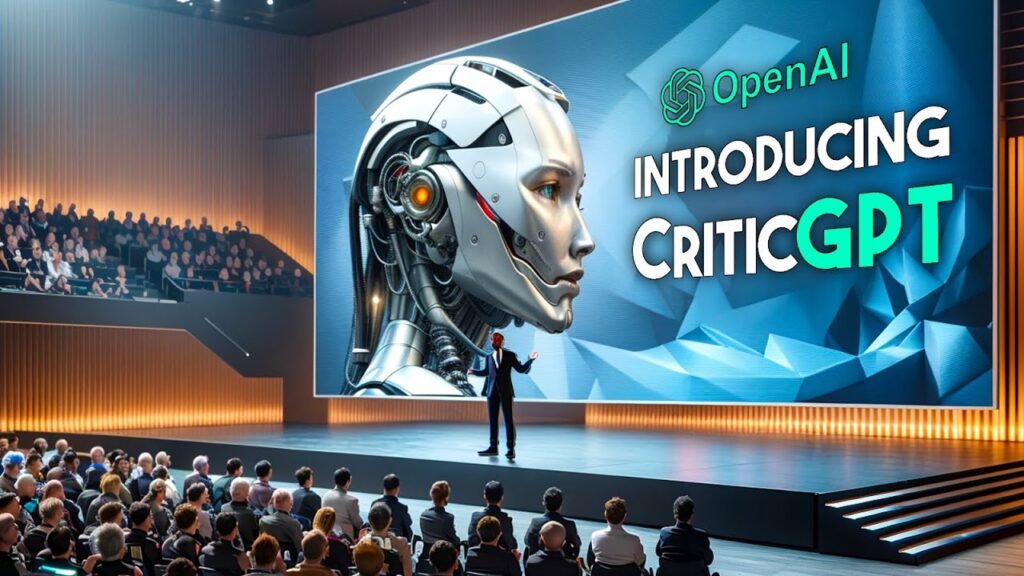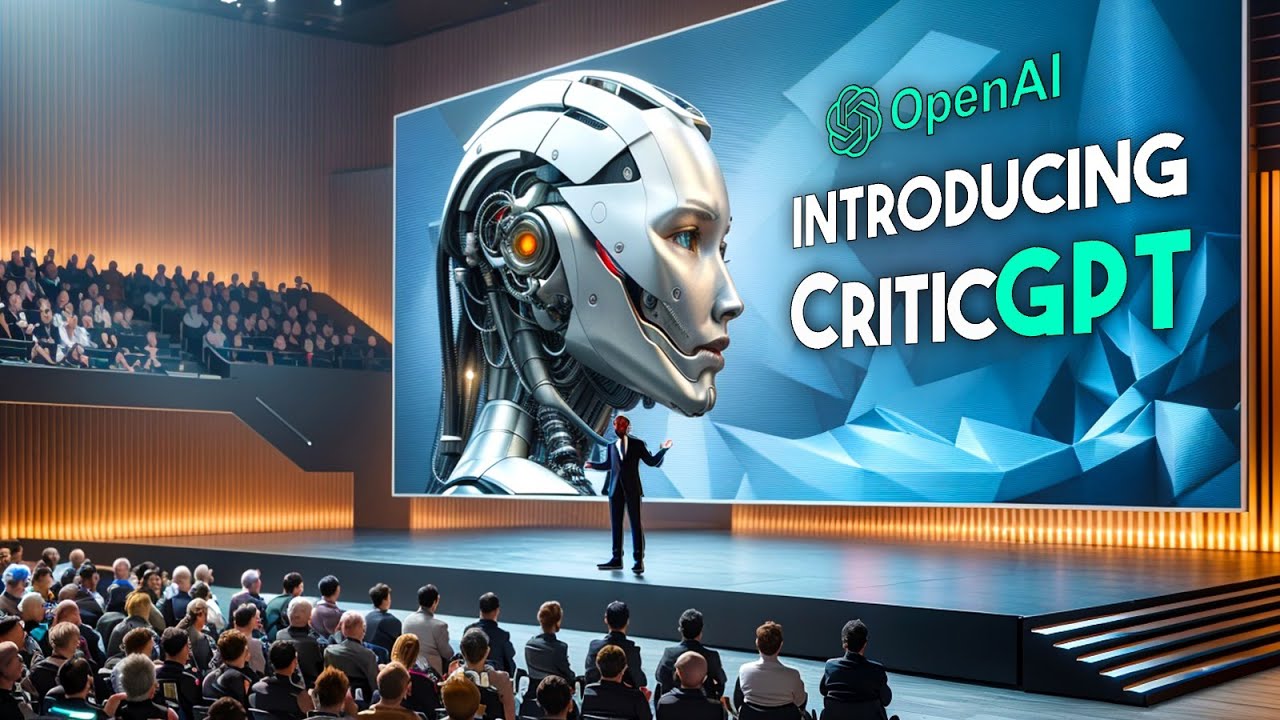In a recent statement, NVIDIA CEO Jensen Huang declared that the era of traditional coding might be coming to an end, with AI taking the helm in software development. This bold prediction has stirred the tech community, but recent developments from OpenAI might just prove Huang’s point. OpenAI’s new CriticGPT model has shown remarkable proficiency in identifying programming mistakes made by ChatGPT, surpassing even the capabilities of human AI trainers.

AI’s Growing Role in Programming
The rapid advancement of AI technologies has significantly impacted various sectors, and software development is no exception. AI tools have evolved from mere code suggestions to full-fledged code generation, debugging, and optimization. OpenAI’s ChatGPT has been at the forefront of this transformation, assisting developers with generating code snippets, fixing bugs, and even building entire applications from scratch.
However, the latest breakthrough comes with OpenAI’s CriticGPT, a model designed specifically to critique and correct code generated by AI systems like ChatGPT. This new model not only identifies errors but also provides detailed explanations and optimal solutions, making it an invaluable tool for developers.
CriticGPT: A Game-Changer in Code Review
CriticGPT’s ability to analyze and improve AI-generated code marks a significant leap forward in AI-assisted development. During its testing phase, CriticGPT consistently outperformed human AI trainers in identifying subtle bugs and inefficiencies in the code produced by ChatGPT. This not only enhances the reliability of AI-generated code but also accelerates the development process by reducing the need for extensive human intervention.
The implications of this technology are profound. As AI systems become more adept at self-improvement, the role of human programmers may shift from traditional coding to overseeing and managing AI-driven development processes. This aligns with Jensen Huang’s vision of a future where coding, as we know it, might be obsolete.
Industry Reactions and Future Prospects
The tech industry has responded with a mix of excitement and skepticism. Proponents argue that AI-driven coding will lead to unprecedented levels of efficiency and innovation, enabling developers to focus on more strategic and creative tasks. Critics, however, caution against over-reliance on AI, citing potential issues with AI bias, security vulnerabilities, and the loss of fundamental programming skills.
Despite these concerns, the trajectory of AI development suggests that tools like CriticGPT will become increasingly integrated into the software development lifecycle. Companies are already exploring ways to incorporate these technologies into their workflows, aiming to leverage AI’s capabilities to streamline operations and reduce costs.
Conclusion
The advent of CriticGPT underscores the transformative potential of AI in coding and software development. As AI systems continue to improve and become more autonomous, the traditional role of human programmers may evolve, echoing NVIDIA CEO Jensen Huang’s prediction. While the full implications of this shift are yet to unfold, one thing is clear: AI is poised to redefine the landscape of software development, potentially making traditional coding a thing of the past.
